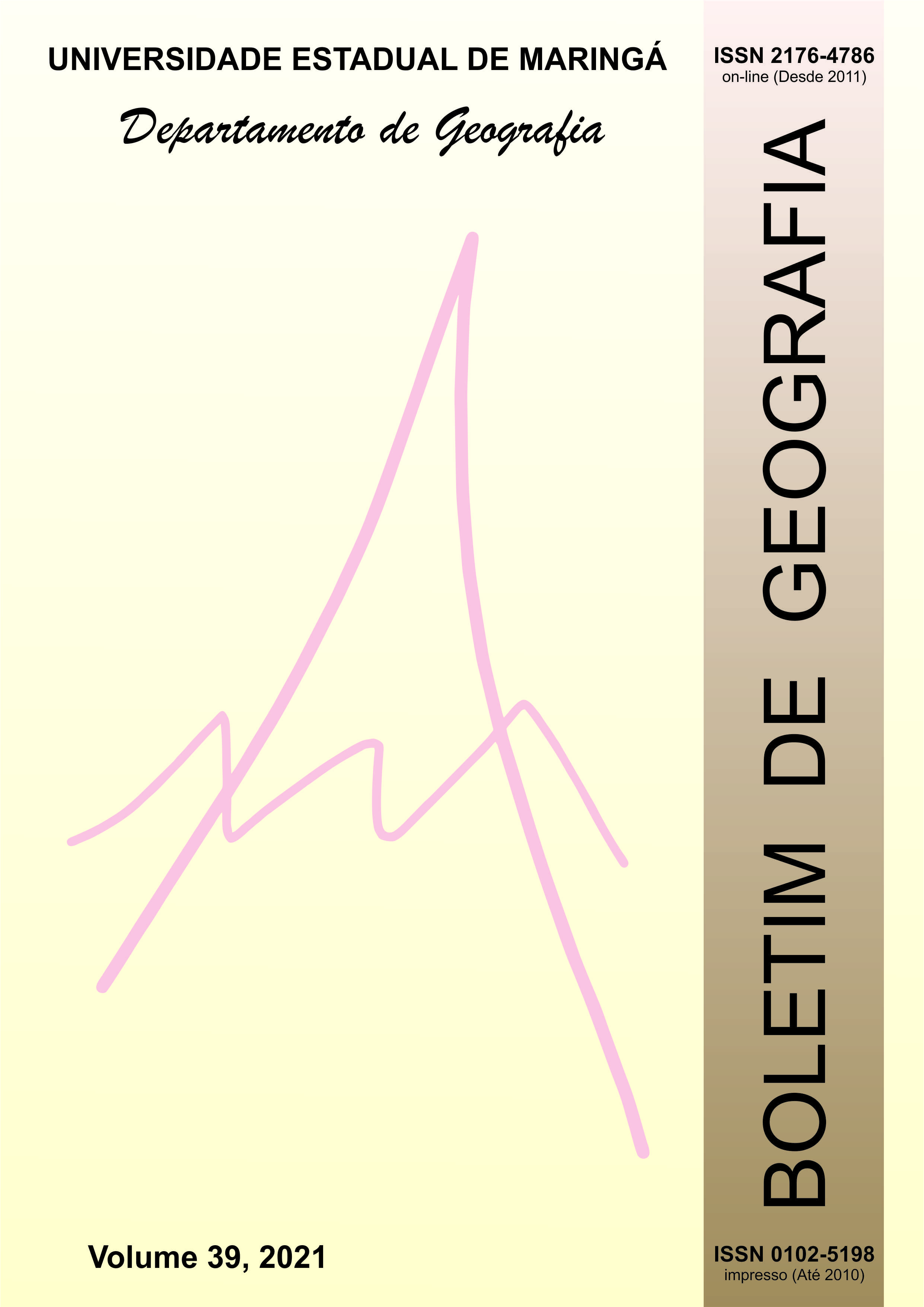Topofobia e topofilia em O Sertanejo, O Quinze e Vidas Secas: contributos interdisciplinares à Ecologia Humana
Resumo
As obras O Sertanejo (1875/2002), de José de Alencar, O Quinze (1930/2012), de Rachel de Queiroz, e Vidas Secas (1938/2013), de Graciliano Ramos, sinalizam um fértil contributo à investigação das relações ser humano-ambiente, suscitando imbricações interdisciplinares na representação do sertanejo e do sertão. Nesse contexto, esta pesquisa tem como objetivo investigar, sob o método da Análise do Discurso de Linha Francesa e da perspectiva Ecocrítica - que estuda as imbricações entre Literatura e Ecologia -, as relações ser humano-ambiente e as representações do sertanejo e do sertão que os autores delineiam nas respectivas obras, observando as aproximações e as diferenças entre elas, além de dialogar com o sentimento humano que é despertado na interlocução com o lugar, com o ambiente, com o espaço e com o território, tendo em vista os conceitos de topofobia (aversão ao ambiente físico) e topofilia (familiaridade ou apego), propostos, em 1980, pelo geógrafo chinês Yi-Fu Tuan. Sendo assim, os discursos presentes nos romances em epígrafe, mediante o cruzamento dos dados, demonstram que os sertanejos apresentam uma ambivalência de relações com o ambiente: ora topofóbicas (em meio à escassez de recursos), ora topofílicas, em razão de tempos menos miseráveis. Portanto, a Ecocrítica se configura como uma bandeira ao desvelamento das relações homem-ambiente e se projeta como uma área de conhecimento interdisciplinar, dialogando com a Geografia Humanista, a Filosofia, a Psicanálise e outras abordagens correlatas.
Downloads
Copyright (c) 2021 Boletim de Geografia

This work is licensed under a Creative Commons Attribution 4.0 International License.
O Boletim de Geografia está licenciado através da Creative Commons Atribuição 4.0 Internacional (CC BY 4.0).
Autores que realizam submissões ao Boletim de Geografia concordam com os sequintes termos:
- Autores retêm todos os direitos autorais e concedem à Revista direitos exclusivos da primeira publicação, com o artigo licenciado sob os termos da Creative Commons Atribuição 4.0 Internacional (CC BY 4.0).
- Após a publicação, fica permitido ao autor a republicação em qualquer outros meios de divulgação, desde que mencionada a fonte original.












